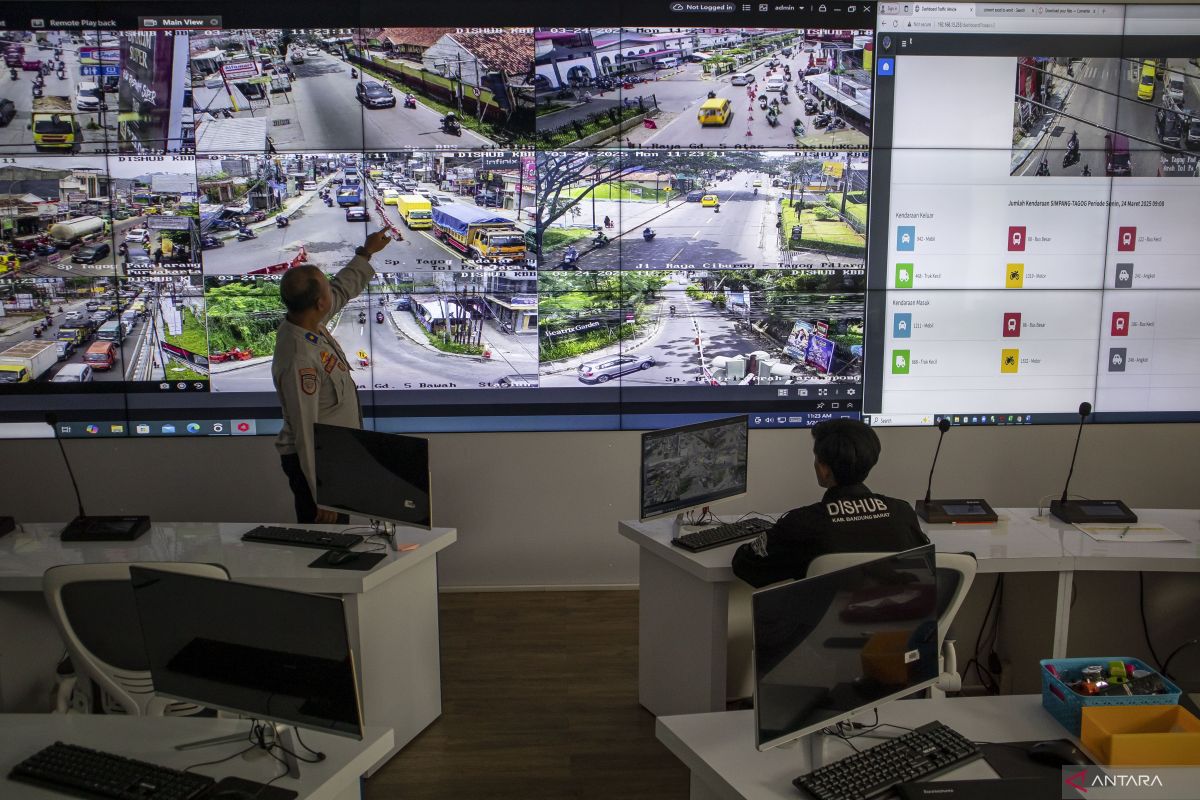
JAKARTA, inca.ac.id – Live Learning: How Real-Time News Fuels Ongoing Study and Discussion—this title isn’t just clickbait. It’s my reality. Over the years, I realized something wild: the real world makes the best classroom. Forget dusty textbooks. When you mix real-time news into your study routine, everything just clicks—that’s legit Live Learning.
Why I Ditched Passive Learning for Live Learning

Honestly, back in college, I was the classic note-taker—doodling in the margins, barely alive in lectures. Sure, I got by, but did I remember anything? Not really.
Then one lecturer did something different. She walked in, held up her phone and said, “Guys, what’s trending on Twitter right now?” Within minutes, we were hotly debating the latest policy shake-up, connecting what was happening live to what we’d been “studying” in theory. This change? Huge. Suddenly, learning was actually fun—even addictive.
How Real-Time News Supercharges Study Sessions
What I love most about Live Learning is how it keeps you on your toes. Let’s be real—news is unpredictable. One week, everyone’s freaking out about AI technology taking jobs. Next week, it’s all about climate change in Jakarta.
I started a group chat with my friends—just for news. Every morning, we’d share top headlines. Then, during meetups, we’d argue about it (in a good way). Got ideas wrong? No problem, one search and you get instant correction or deeper Knowledge. That’s what makes the discussion stick. It reminds me of that saying: “If you want to remember, talk about it.” Way more effective than cramming alone.
The Power of Discussion: Don’t Just Consume, Converse
Here’s a common mistake I used to make: just reading news to “stay updated” without questioning or discussing it. Bad move! It’s like eating fast food—quick, but not all that nourishing. The real energy comes when you wrestle with ideas. Once, I read about Indonesia’s ban on single-use plastics. Sharing it, I realized how little I truly understood policy or environmental impact—until my friend challenged everything. That debate? It made me dig deeper, and within days I basically became the group “plastic ban expert”. (Well, for a week at least!)
Using News for Everyday Study—My Best Tips and Hard Lessons
1. Get Selective About News Sources
First tip: don’t just grab news from anywhere. I used to forward crazy headlines from clickbait sites. Huge mistake. Once, I spread a totally misreported story. Lesson learned. Now, I stick to reputable sites—Kompas, BBC Indonesia, even Reuters. And if something seems off, triple-check!
2. Connect News with Class—and Life
Second, always ask: how does this relate to what I’m studying or living? When COVID-19 hit, everyone was scrambling to understand the virus. Instead of scrolling aimlessly, I challenged myself to find links to my major—and my family’s health. Suddenly, epidemiology wasn’t just theory. It was urgent and real. That’s the beauty of real-time learning—it makes things relevant.
3. Keep the Conversation Going (Even Digitally)
Don’t have a study group? No worries. I joined a Telegram channel where students post daily news bites tied to their fields. Just read, react, and ask questions—super easy. Bonus: Once, I posted an opinion I totally regretted. Instead of mocking, the group gave constructive feedback and links to real research. That kind of online Knowledge-sharing is gold.
4. Don’t Be Afraid to Be Wrong
Mistakes = growth. One time, I was so sure about a law amendment (100% wrong by the way). Instead of hiding, I admitted my goof. Turns out, at least five others were confused too, and that launched our best discussion yet. Remember, in live learning, real-time mistakes = real-time lessons.
Real Examples: How My Peers Use News in Study Life
In my circle, some friends take Live Learning to the next level. My friend Dwi, studying law, sets aside 15 minutes daily to scan legal news. Whenever something big hits the courts, she brings it up in class. Her grades? Basically top of the pile, because her “current events” become ace discussion starters. Another friend, Andin, always relates economic news to classroom theories. She made a habit of presenting weekly economic updates—and guess what? Her thesis last year got a special mention because it was so timely.
Why Search Engines Love Live Learning Posts (And Readers Do Too!)
If you’re thinking of blogging or sharing insights online, let me tell you: mixing trending news with your niche grabs interest fast! Google even prefers articles that update regularly and answer what readers actually search for during big news cycles. According to Yoast SEO, posts grounded in live topics—especially if they answer specific questions—rank better. Try it: write about today’s most-searched headlines, drop real tips or lessons, and you’ll notice your engagement spike.
How to Keep Up Without Getting Overwhelmed
Honestly, the inca berita never stops. Early on, I crashed and burned—refreshing news feeds nonstop and getting a major case of FOMO (fear of missing out). Not sustainable. Now, I do “news batching”—morning and evening catchups, with notifications off in between. That way, I stay sharp but not burned out.
Even just 10-15 focused minutes of news-plus-reflection can do wonders for your learning. Treat it like a mental gym session—short but intense.
Common Pitfalls: What I Wish I’d Known
Some advice I wish Past Me had: Don’t argue just to win. I used to treat every discussion like a debate competition, which just turned people off. Instead, listen, be open, and know it’s okay to change your stance. That’s how real Knowledge growth happens.
Also, avoid echo chambers. It’s way too easy to fill your feed with stuff you already agree with. Every week, I try to read at least one article from a source or opinion that annoys me. It helps me spot blind spots—and sometimes, I learn the most from the people I disagree with.
Final Thoughts: The Joy of Constant Discovery Through Live Learning
So, to everyone craving fresher, realer, more gripping study sessions, let real-time news revolutionize your learning. Trust me, Live Learning isn’t perfect—it gets chaotic, sometimes tiring, and you’ll make mistakes. But the energy, the debate, the “aha!” moments? Worth it every time.
It’s about bringing the world into your study zone, making learning a non-stop, living conversation. My advice? Throw yourself into the news cycle. Share, question, and laugh off your blunders. Most importantly, remember: every headline is a possible lesson, if you’re brave (and curious) enough to chase it.
Read also about Literary Journals to explore platforms that showcase creative writing, critical essays, and emerging voices shaping the world of contemporary literature.
#Discussion #education #Live Learning #Ongoing Study #Real-Time News #Trending Topics







